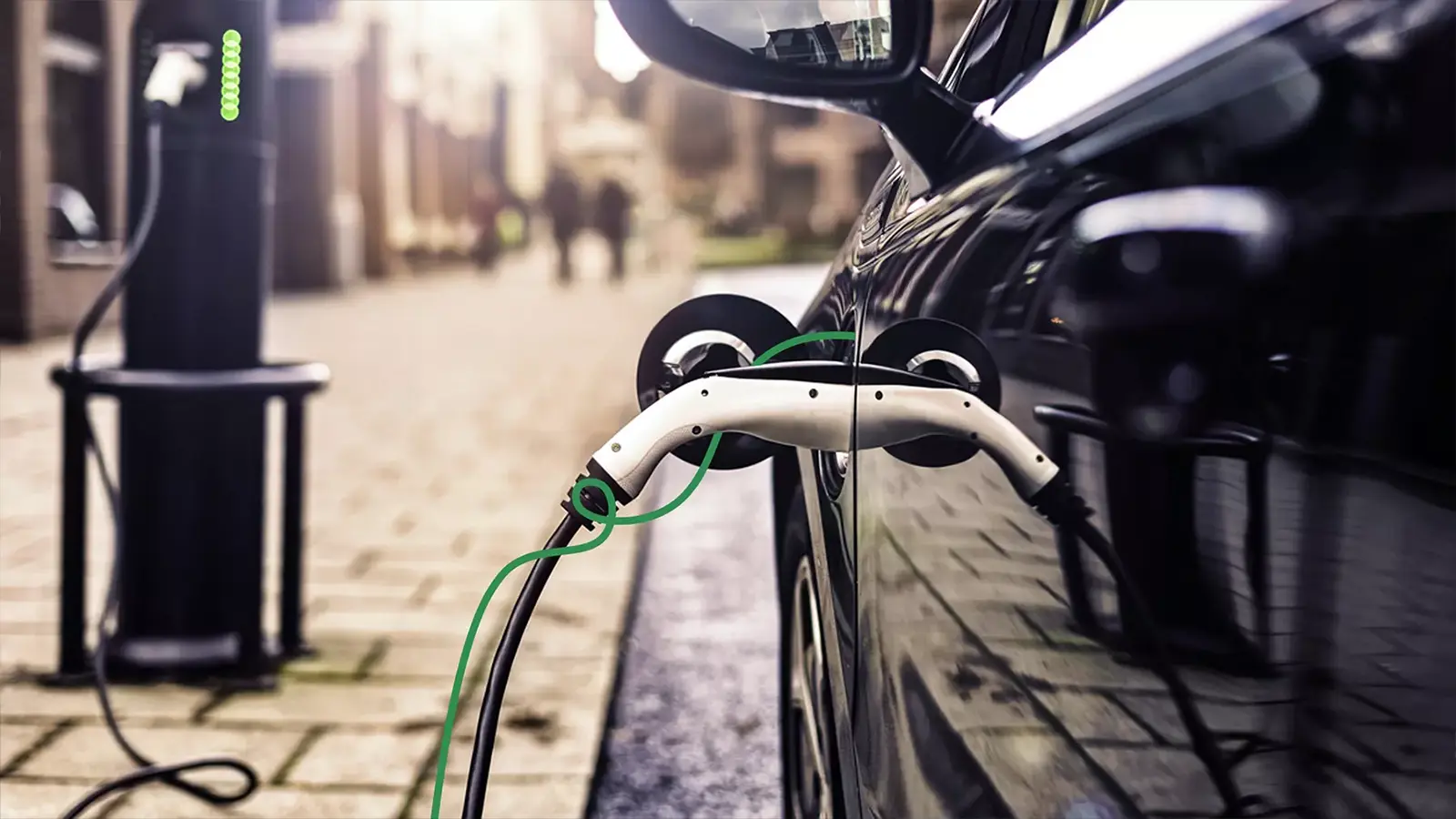How Far Can You Go?
When choosing a cleaner alternative to a gasoline-powered vehicle, one of the most important things to understand is how far you can go on a charge or tank; otherwise known as your range. But "range" works differently depending on the type of electrified vehicle you choose.
This guide breaks down the basics of range across battery electric vehicles (BEVs), plug-in hybrids (PHEVs), and hydrogen fuel cell vehicles (FCEVs), so you can better compare your options and find the right fit for your lifestyle.
Electric Vehicle (EV) Range
Battery electric vehicles (or BEVs) run entirely on electricity. Their range depends on the size of the battery and how efficiently the vehicle uses that energy.
- Typical range: 200–350 miles on a full charge
- Energy source: Electricity (recharged at home or public stations)
- Best for: Daily commuters, long-distance travelers with home or public charging access
Modern BEVs like the Hyundai IONIQ 6, Tesla Model Y, and Chevrolet Blazer EV offer more than enough range for most drivers. You can start each day with a full charge from home or plan longer trips using the growing public charging network.
Explore: GreenCars Buyer's Guide – Compare EV Range
Plug-in Hybrid Range
Plug-in hybrid electric vehicles (PHEVs) have both an electric motor and a gasoline engine. They drive a certain number of miles on electricity alone before switching to gas.
- Typical electric range: 20–50 miles
- Total combined range (electric + gas): 300–600 miles
- Energy sources: Electricity + gasoline
- Best for: Drivers who want electric commuting but gas backup for longer trips
For example, the Toyota RAV4 Prime offers up to 42 miles of all-electric range. That’s enough to cover most daily driving without using gas. Once the battery is depleted, the gas engine takes over, eliminating range anxiety entirely.
Hydrogen Fuel Cell Vehicle Range
Hydrogen fuel cell electric vehicles (FCEVs) use compressed hydrogen gas to create electricity onboard, powering the motor like a BEV. Refueling is similar to pumping gas.
- Typical range: 300–400 miles per tank
- Energy source: Hydrogen
- Best for: Drivers in California near hydrogen fueling stations
While FCEVs like the Toyota Mirai and Hyundai Nexo offer excellent range and fast refueling (around 5 minutes), they are only practical in regions with hydrogen infrastructure. As of now, that mostly means parts of California.

Quick Comparison by Vehicle Type
Here’s a simplified breakdown of how major electrified vehicle types compare across key categories:
Battery Electric Vehicles (BEVs):
- Electric range: 200 to 350 miles
- Total range: Same as electric range
- Refueling time: 30 minutes to 12 hours (depending on charger type)
- Fuel source: Electricity
- Best use case: Daily driving and long road trips with charging stops
Plug-in Hybrid Electric Vehicles (PHEVs):
- Electric range: 20 to 50 miles
- Total range: 300 to 600 miles (with gas backup)
- Refueling time: 5 to 10 minutes for gas, plus charging time for electric portion
- Fuel source: Electricity and gasoline
- Best use case: Short commutes with gas flexibility for longer drives
Hydrogen Fuel Cell Vehicles (FCEVs):
- Electric range: 300 to 400 miles
- Total range: 300 to 400 miles
- Refueling time: Approximately 5 minutes
- Fuel source: Hydrogen gas
- Best use case: Long-distance driving in areas with hydrogen stations
Final Thoughts
Understanding the differences in range across electrified vehicle types is key to choosing the right one for your needs. While BEVs dominate the market and offer an increasingly seamless experience, plug-in hybrids provide flexibility, and hydrogen fuel cell vehicles represent an emerging alternative with their own unique advantages.
By knowing how each vehicle stores and uses energy, how far it can go, and how you refuel it, you'll be better prepared to find the green vehicle that best suits your lifestyle and driving patterns.
Ready to Dive Deeper?
Continue exploring EV Range fundamentals:
← Go Back: How EPA Estimated Range Is Calculated
Discover Next: Understanding MPGe and Efficiency in Electric Cars →












